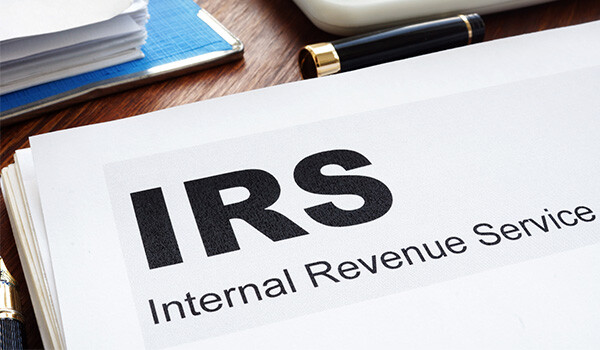07-25-2024 |
IRS Announces Guidance on Basis-Shifting Transactions by Related-Party Partnerships
By: Maggie Simonson Schild & Christopher L. Nuss

On June 17, 2024, the Internal Revenue Service (IRS) and Treasury announced new guidance aiming to curtail abusive basis-shifting transactions by related-party partnerships.
The Treasury and IRS plan to propose regulations targeting transactions in which partners shift basis from one asset to another, thereby increasing the second asset’s basis and potentially creating inappropriate tax benefits for the partnership and/or certain partners.
The guidance also creates a new group dedicated to developing further guidance on partnerships and includes a requirement that partnerships report these basis-shifting transactions after they occur.
Basis-Shifting Transactions
Basis-shifting transactions are common in three scenarios: (1) when a partnership interest is transferred to a related party, (2) partnership property is transferred to a related partner, or (3) a related partner or partnership’s interest is liquidated.
In these situations, the partnership can manipulate the basis of property by making allocations or distributions to related partners based on the property’s basis to the partnership (inside basis) and the partners’ basis in their partnership interests (outside basis).
For example, when a partnership distributes a high-basis property to a partner with a low outside basis, the partner’s basis in that property will be limited to their outside basis, creating a disparity between the basis of remaining property to the partnership and the partners’ combined outside basis. The basis shifting occurs when the partnership seeks to remedy this disparity by adjusting the basis of the remaining property and then distributing property with an increased basis in a nonrecognition transaction to a related partner. The IRS takes the position that, if the basis shifting is intentional, these transactions lack economic substance.
Revenue Ruling 2024-14
Rev. Rul. 2024-14, promulgated as part of this new guidance, requires that transactions change the economic position of the partnership and requires that partnerships have a business purpose, other than tax avoidance, for entering the transaction. The partnership’s purpose can be inferred from the facts and circumstances.
The Ruling provides that transactions in which related parties (1) intend to create a basis disparity by making a special allocation or distributing property, (2) capitalize on the resulting basis disparity by engaging in a nonrecognition transaction, and (3) seek to adjust the basis of property under Internal Revenue Code Section 732(b), 734(b), or 743(b) lack economic substance to the partnership. (See example above.) These interrelated transactions can be complex and may occur over the course of several years.
If a transaction is deemed to lack economic substance in this way, the IRS will disregard the basis adjustments if the adjustments led to an increase in basis and unwarranted benefit to a partner.
The IRS and Treasury’s goal is to collect more in taxes from complex partnerships and provide more oversight of the partnership form. Partnerships have long been viewed as vehicles for tax avoidance and abuse. This new guidance seeks to serve as a step toward increased scrutiny of partnerships, to stop partnerships from shielding taxable income, and to prevent increased depreciation deductions and reduced gain or increased loss on the subsequent sale of an asset.
In light of the recent U.S. Supreme Court cases overturning the requirement that courts defer to agency interpretation of ambiguous laws, instead forcing courts to rely on their own interpretation, it will be interesting to see what posture taxpayers take relative to the above guidance and similar interpretations by the IRS.
Special thanks to summer associate Rachel Schmit for her significant contribution in writing this article and researching many of the underlying taxation issues.
This article was written for general informational purposes and summarizes tax laws. As such, it should not be relied upon for compliance with the Internal Revenue Code or state tax laws.
If you have questions about any tax-related matters, please contact Christopher Nuss, Maggie Simonson Schild, or one of our other Taxation Attorneys.


